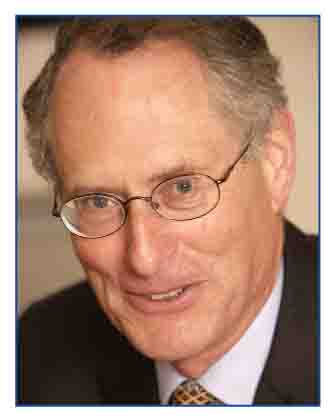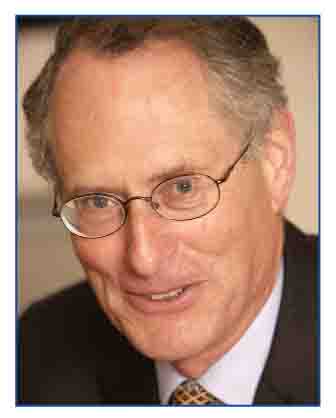
- Richard Raeburn
- Chairman, EACT
by Richard Raeburn, Chairman, European Association of Corporate Treasurers (EACT)
 I was elected EACT Chairman in the autumn of 2008. At the end of June - by the time you read this - I am retiring from the role. So this is my final article for TMI. The editorial team at the magazine will no doubt be as relieved as my wife: the former because I have been persistently late in meeting publication deadlines; and the latter, because she has been too often exasperated by my excuses as I tried to catch up with a missed deadline.
I was elected EACT Chairman in the autumn of 2008. At the end of June - by the time you read this - I am retiring from the role. So this is my final article for TMI. The editorial team at the magazine will no doubt be as relieved as my wife: the former because I have been persistently late in meeting publication deadlines; and the latter, because she has been too often exasperated by my excuses as I tried to catch up with a missed deadline.
I took on the EACT role as I felt I could bring a clearer focus to the organisation and I strongly believed that we should offer an effective voice for individuals involved in the treasury profession throughout Europe. My commitment was to make the EACT more than just a six-monthly forum for a group of individuals to meet and exchange experience from their national treasury associations.
In the recent period before I took over as chairman the EACT had been notably effective in a couple of areas. I single out two people whose contribution was enormous: François Masquelier, for all his work on IAS and in particular fair value accounting; and the late and much missed Gianfranco Tabasso, who led all the contribution made by the EACT on payments issues.
With support from a number of colleagues I like to believe that the EACT has now been transformed. The catalyst for this change was an event that I suspect none of us recognised for its full implications. The global financial crisis that emerged fully during 2008 brought with it a focus on financial regulation, the like of which treasurers had never previously experienced. However, it was quickly clear as we assessed the implications of the first major proposals - for the regulation of over-the-counter derivatives - that the implications for how treasurers conduct their businesses were profound.
Over the years I have written extensively in this column about how in leading the EACT I have sought to influence the regulatory outcomes so that they were less damaging for the ‘real economy’. Our successes - and they have been real - could not have been achieved without contributions from a number of people and treasury associations. I would also like to pay particular tribute to a small group of large companies that have worked with us, without compromising our independence and integrity, and provided us with outstanding input on the practical implications of the regulatory proposals.
The measure of our key success is that the EACT is now recognised in Brussels – by the Commission and Parliament – as the legitimate voice of the real economy on all issues of financial regulation. Our opinion is sought and respected. This is a strong foundation on which the EACT can continue to build and it is very much my hope that my successors will seize this opportunity.
But the EACT is about more than just regulation and I have felt it vital that we frequently remind ourselves of this. We have made progress on the sharing of understanding how treasury associations can operate and create value for their members and how knowledge should be shared. There is much more still to be done, in particular to ensure that the EACT’s focus is not defined by and limited to the interests of the largest associations.
I am sure that the EACT will be in good hands under the chairmanship from July of Jean-Marc Servat, and that he will always be sensitive to the wider role and purpose. I wish him good luck. Finally I would like to pay tribute to a person with whom I have worked closely over the last few years and whose contribution in guiding and supporting our focus has been invaluable. Anni Mykkanen works for us full-time in Brussels and has expertly absorbed all our nuances, priorities and politics. But above all she has been able to collaborate with me in a seamless way, with the result that our overall effectiveness has been greatly leveraged. So as I step down I wish Anni in particular all the best.









